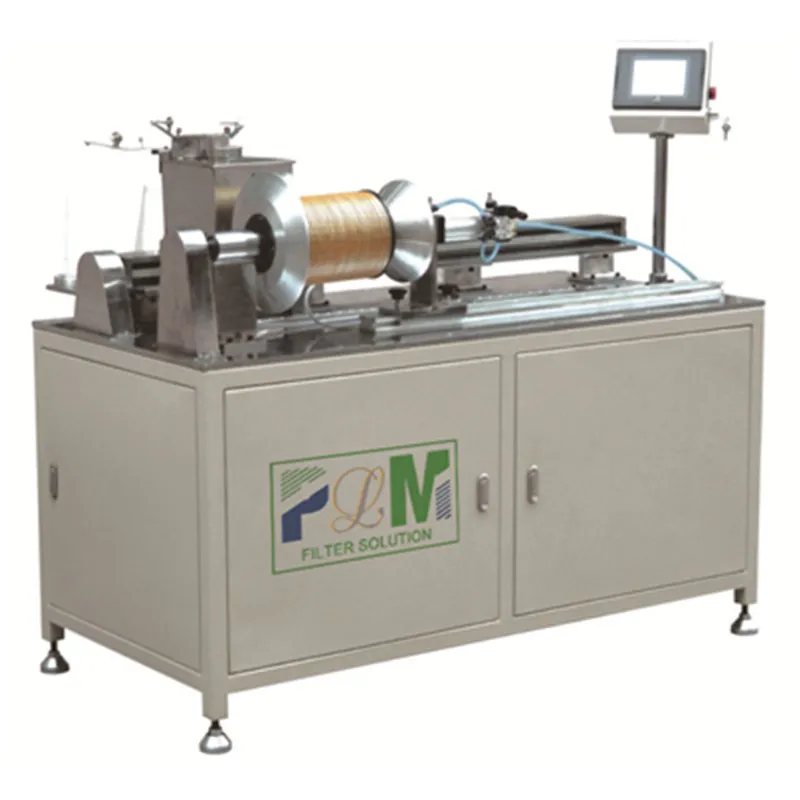Dec . 05, 2024 15:34 Back to list
Eco-Friendly Oil Filter for Sustainable Vehicle Maintenance and Performance
Understanding Eco Oil Filters A Sustainable Choice for Engine Care
In an era where environmental concerns dominate discussions about automotive care, the significance of eco-friendly products cannot be overstated. One such innovation gaining traction in the automotive industry is the eco oil filter. Traditionally, oil filters have been seen as mere components—functional but not particularly conscientious about their environmental impact. However, the evolution of eco oil filters reflects a growing awareness of sustainability and the urgent need for automotive products that not only perform well but also reduce environmental harm.
So, what exactly is an eco oil filter? In essence, it serves the same primary function as a conventional oil filter to remove contaminants from engine oil, which is crucial for maintaining optimal engine performance and longevity. However, eco oil filters are designed using environmentally friendly materials and technologies. They are often made from recycled or biodegradable materials that minimize waste during both production and disposal.
One of the most significant advantages of eco oil filters is their ability to reduce toxic waste. Standard oil filters are typically made from steel and other non-biodegradable components, which can contribute to landfill overflow and environmental pollution. When disposed of improperly, these filters can leak harmful chemicals into the soil and water systems. By contrast, eco oil filters are engineered to break down more easily and are often recyclable, promoting a circular economy that decreases the overall environmental footprint.
eco oil filter

Moreover, eco oil filters are designed to provide superior filtration performance. Many are equipped with advanced filtering media that can trap even finer particles than traditional filters, ensuring that engine oil remains clean and effective for a longer duration. This not only helps in maintaining engine health but also reduces the frequency of oil changes, further decreasing waste and the consumption of oil—an invaluable benefit for both the environment and the consumer.
The transition to using eco oil filters can also save drivers money in the long run. While the initial cost may be slightly higher than that of standard filters, the improved efficiency and longevity can lead to lower maintenance costs and fewer oil changes required. This economic benefit, combined with the environmental advantages, makes eco oil filters an appealing option for eco-conscious consumers looking to make smarter choices for their vehicles.
However, selecting the right eco oil filter requires some knowledge and consideration. It's imperative for consumers to choose filters that have been certified by reliable organizations or manufacturers that prioritize sustainability. Look for labels that indicate the use of recyclable or biodegradable materials and ensure that the filter meets industry standards for performance and safety.
In conclusion, as the automotive industry continues to adapt to environmental challenges, eco oil filters represent a significant step towards sustainable engine care. They not only function effectively by maintaining engine cleanliness and efficiency but also embody a commitment to reducing environmental harm associated with transportation. By choosing eco oil filters, consumers can play a vital role in promoting sustainable practices within the automotive sector, paving the way for a cleaner, greener future. Embracing these innovations is not just a personal choice; it’s a collective stride towards preserving our planet for future generations, demonstrating that even small changes in everyday practices can have a profound impact on the environment.
-
Best PLFJ-110 High-Speed Auto Seaming Production Line
NewsJun.04,2025
-
Wholesale PLHL-1 Cabin Filter Bevel Trimming Machine Precision Tool
NewsJun.04,2025
-
PLPT-II By-Pass Valve Efficiency Tester High-Precision Testing Solution
NewsJun.04,2025
-
Premium Cat Air Filter Eliminate Odors & Allergens Quickly
NewsJun.04,2025
-
Audi Air Filter Enhanced Engine Performance & Clean Air
NewsJun.04,2025
-
High Quality PLYW-1 Salt Spray Corrosion Tester for Precision Durability
NewsJun.04,2025
